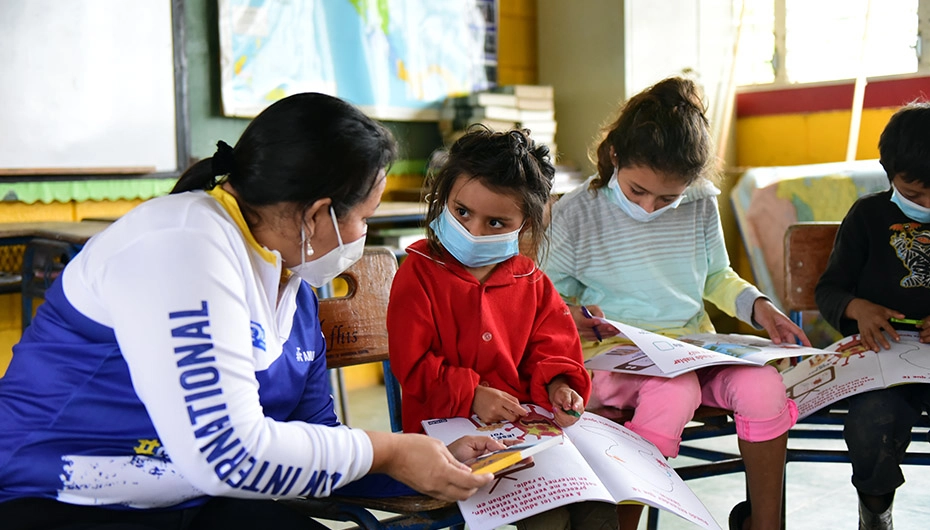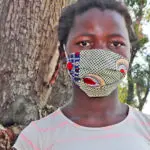Media Centre - Opinion Piece - 5 May 2021
Actually Prime Minister, this virus is very political.

To hear Prime Minister Scott Morrison say this week that the pandemic has “nothing to do with politics” was strange, I thought. Politics, at its best, is about holding society together and playing a meaningful role in the world. What could be more political than a global crisis?
For the one in 10 Australian women experiencing increased domestic violence in the past year, because we’ve failed to tackle gender-based violence as the public health crisis it is for generations, the pandemic is political.
For the young people whose mental health tumbled when they were cut off from school, work and friends, and who have struggled to access the support they need since, the pandemic is political.
For the migrant families wondering when they’ll see their loved ones again, and who can’t help but feel targeted by selective travel bans, the pandemic is political.
The pandemic is political for the millions of girls around the world locked out of school. According to research by Plan International Australia, the charity for girls’ equality, most of those girls will never get the chance to restart their education.
For the 34 million people on the brink of famine globally, 70 per cent of whom are women and girls, when our world produces enough food to go around, the exacerbating effect of the pandemic is deeply political.
And for the billionaires profiting from a world in chaos – the pandemic is most certainly political.
In fact, who struggles and who succeeds is rarely not political. Globally, inequality is a major determinant in who lives and who dies.
It’s not just about access to healthcare during the pandemic, but the quality of care people received throughout their lives, and the illnesses they carried into 2020.
It’s about the way inequality plays out in homes, workplaces and communities. Inequality of wealth, of gender, of race, of ability. Those who started 2020 at a disadvantage have lost the most – and too often that means women and girls, in the most difficult places in the world.
There aren’t enough vaccines to go around, and yet countries like India with the means to produce their own are being denied the patent waivers to do so. They have been blocked by countries including the UK and the US – and Australia is staying noticeably quiet in global forums, too.
The pandemic has everything to do with politics. The good news is that so too does the response.Australia has achieved the impossible this past year, stemming multiple waves to reach “Covid normal“. But if we stop here, we’re making a deeply political choice. A choice to cut ourselves off from the world and ignore the billions of people for whom “normal” is still a far-off dream.
India is in crisis. Countries across the Asia-Pacific region, from Cambodia to Papua New Guinea, are seeing cases rise at an alarming rate, and worst-case estimates suggest they might be only weeks behind the level of crisis we’re seeing in India.
Humanitarian organisations like Plan International are doing all we can to provide oxygen, food and healthcare, with generous support from the Australian public, but more funding is still desperately needed.
Australia has a choice. We can pretend the pandemic isn’t political. Or we can acknowledge that it’s an opportunity for the very best of politics. The kind of politics that says we stand with our global neighbours and friends, side by side, navigating this crisis together.
Next week’s federal budget is a test. Will the Morrison government increase global assistance so that lifesaving humanitarian work can be scaled up and education can continue under lockdown? Or will Australia once again roll back its aid commitments, isolating us from the world when the world needs our solidarity more than ever?
To truly deal with this crisis with global solidarity and empathy, we need to see politics at its best. As the past year has shown us time and again, this crisis isn’t over until it’s over for all of us.
Article first appeared in The Canberra Times
Media contacts


